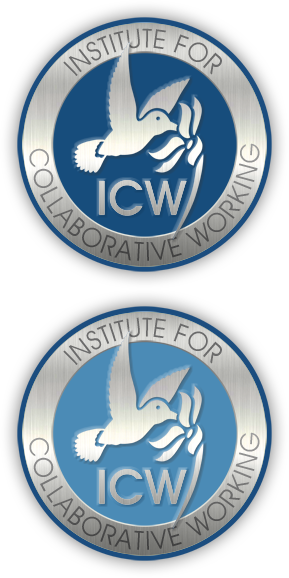Menu
Log in
News
83 Victoria Street, London SW1H 0HW . Email: enquiries@icw.uk.com . Phone: 0203 691 1530
© Institute for Collaborative Working. Registered office: 83 Victoria Street, London SW1H 0HW. Company No. 02549634
Sitemap | Terms & Conditions | Privacy Policy | Site by Treefrog Multimedia.
Powered by Wild Apricot Membership Software

